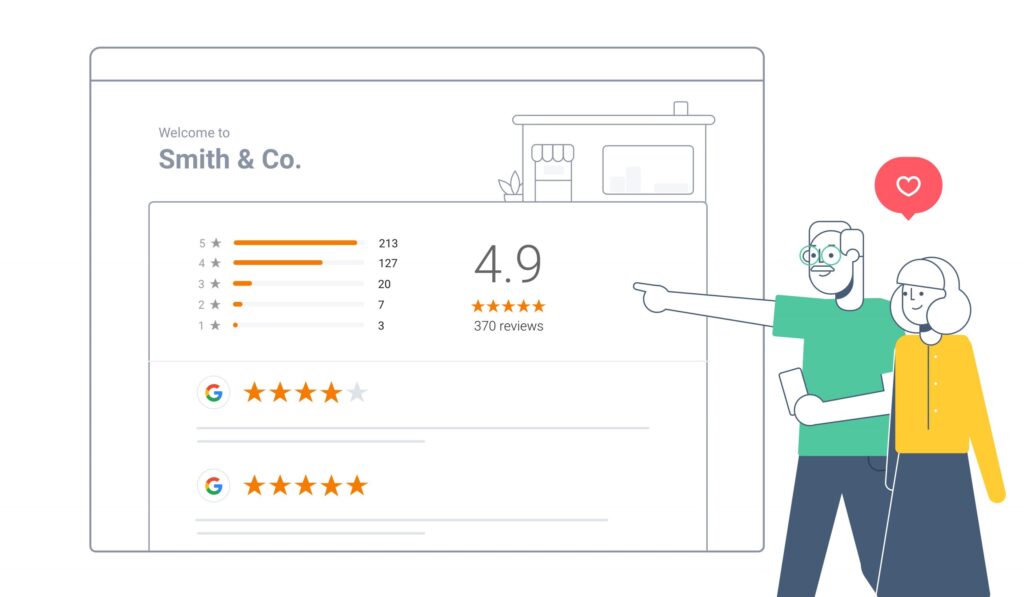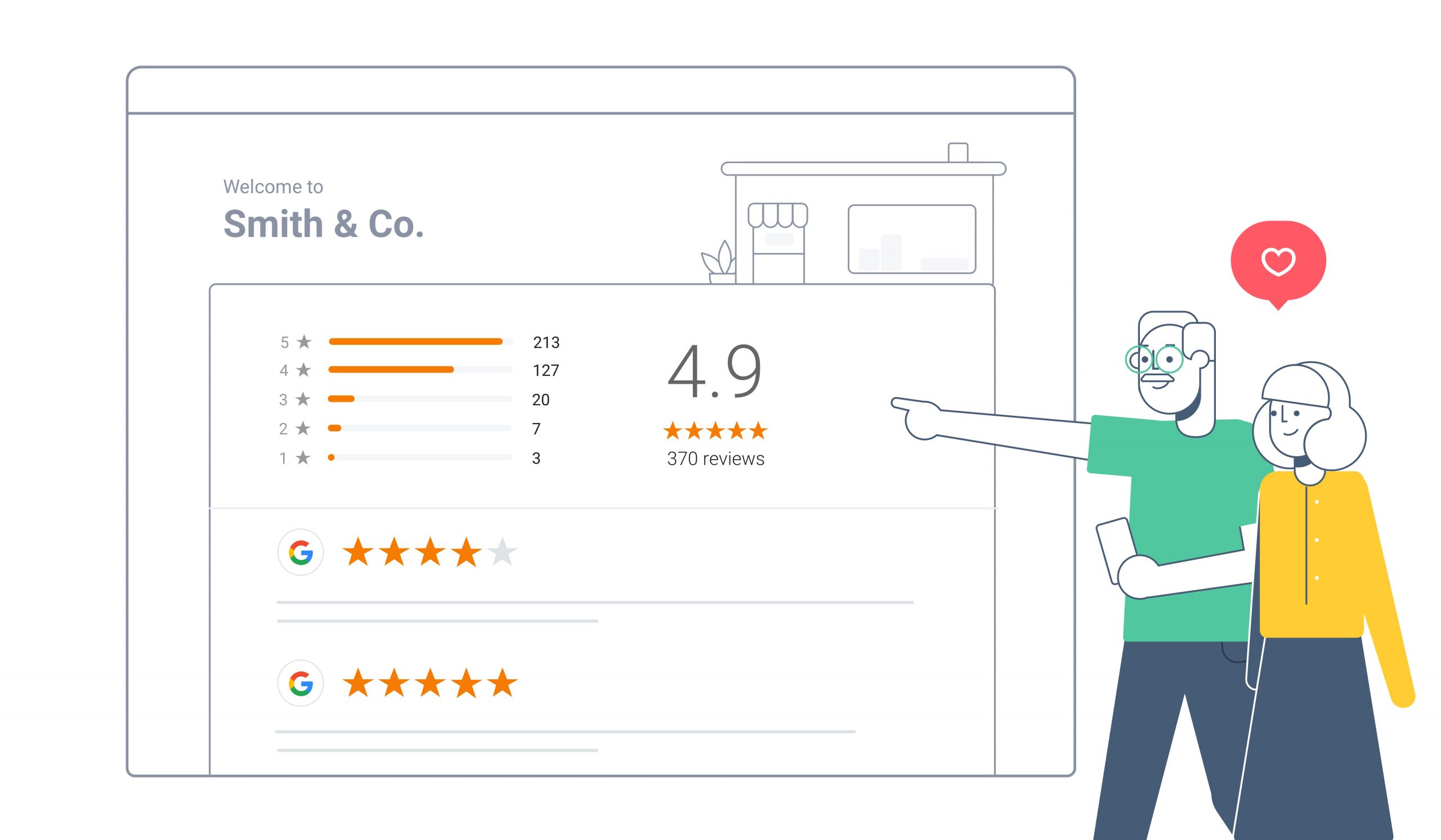
Unveiling the Best Website Rating Tools: A Comprehensive Guide
In today’s digital landscape, understanding your website’s performance is crucial for success. Numerous website rating tools are available, each offering unique insights into various aspects of your site. This guide provides a comprehensive overview of the best website rating tools, helping you make informed decisions to improve your online presence. We’ll explore the features, benefits, and drawbacks of each tool, ensuring you have the knowledge to choose the right one for your specific needs.
Why Use Website Rating Tools?
Website rating tools are essential for several reasons. They provide valuable data about your website’s performance, including:
- Search Engine Optimization (SEO): Tools can analyze your website’s SEO performance, identifying areas for improvement to boost your search engine rankings.
- User Experience (UX): Understanding how users interact with your website is critical. These tools offer insights into user behavior, helping you optimize the user experience.
- Website Speed: Page load time is a significant factor in user satisfaction and SEO. Website rating tools can assess your website’s speed and provide recommendations for optimization.
- Security: Many tools offer security assessments, identifying potential vulnerabilities that could compromise your website.
- Accessibility: Ensuring your website is accessible to all users, including those with disabilities, is essential. These tools can evaluate your website’s accessibility and provide guidance for improvement.
Top Website Rating Tools
Here’s a detailed look at some of the best website rating tools available:
Google PageSpeed Insights
Google PageSpeed Insights is a free tool that analyzes the speed and performance of your website on both mobile and desktop devices. It provides a score out of 100, indicating how well your website performs. The tool also offers specific recommendations for improving your website’s speed, such as optimizing images, leveraging browser caching, and minimizing HTTP requests. This is a crucial first step in understanding how Google perceives your website’s performance.
GTmetrix
GTmetrix is another popular website rating tool that provides detailed insights into your website’s performance. It offers a variety of metrics, including page load time, page size, and the number of requests. GTmetrix also provides a waterfall chart, which visualizes the loading sequence of your website’s resources, allowing you to identify bottlenecks and optimize your website’s performance. The tool offers both free and paid plans, with the paid plans providing access to more advanced features and historical data.
WebPageTest
WebPageTest is a powerful website rating tool that allows you to test your website’s performance from different locations around the world. It provides a wealth of data, including page load time, time to first byte (TTFB), and connection times. WebPageTest also offers advanced features, such as video capture and filmstrip views, which allow you to visually analyze your website’s loading process. This tool is particularly useful for identifying performance issues that may be specific to certain geographic locations.
SEMrush
SEMrush is a comprehensive SEO tool that offers a range of features, including website auditing. Its Site Audit tool analyzes your website for a variety of SEO issues, such as broken links, duplicate content, and missing meta descriptions. SEMrush also provides insights into your website’s backlink profile, helping you identify opportunities to build high-quality backlinks. While it’s not solely a website rating tool, its SEO audit capabilities make it an invaluable resource for improving your website’s overall performance in search engines. [See also: SEO Audit Checklist]
Ahrefs
Similar to SEMrush, Ahrefs is another powerful SEO tool that offers website auditing capabilities. Ahrefs’ Site Audit tool analyzes your website for a variety of SEO issues, including broken links, missing alt text, and slow-loading pages. Ahrefs also provides insights into your website’s backlink profile and keyword rankings. Its comprehensive suite of tools makes it a valuable resource for improving your website’s SEO performance and overall online visibility. Understanding your backlink profile is crucial, and Ahrefs provides unparalleled data in this area.
Dareboost
Dareboost is a website rating tool that focuses on website speed and quality. It provides detailed reports on your website’s performance, including page load time, resource usage, and accessibility. Dareboost also offers recommendations for improving your website’s performance, such as optimizing images, leveraging browser caching, and minimizing HTTP requests. One of the key features of Dareboost is its ability to monitor your website’s performance over time, allowing you to track the impact of your optimization efforts. This continuous monitoring is invaluable for maintaining optimal performance.
Uptrends
Uptrends offers comprehensive website monitoring services, including uptime monitoring, performance monitoring, and web application monitoring. Their website rating tools provide insights into your website’s availability, speed, and functionality. Uptrends also offers real user monitoring (RUM), which allows you to track the performance of your website from the perspective of real users. This provides valuable insights into the actual user experience and helps you identify performance issues that may not be apparent from synthetic monitoring.
Pingdom Website Speed Test
Pingdom Website Speed Test is a free and easy-to-use website rating tool that provides a quick overview of your website’s performance. It measures your website’s page load time, page size, and the number of requests. Pingdom also provides a performance grade, indicating how well your website performs compared to other websites. While it doesn’t offer as much detail as some of the other tools on this list, it’s a great option for a quick and easy performance check. It’s a valuable tool for getting a snapshot of your website’s speed and identifying potential areas for improvement.
Lighthouse (Chrome DevTools)
Lighthouse is an open-source, automated tool for improving the quality of web pages. It has audits for performance, accessibility, progressive web apps, SEO and more. You can run it in Chrome DevTools, from the command line, or as a Node module. When you give Lighthouse a URL to audit, it runs a barrage of tests against the page, and then generates a report on how well the page did. From there, use the failing tests as indicators on what you can improve. Lighthouse is a valuable tool for developers and website owners looking to improve the overall quality of their web pages. This tool directly integrates within the Chrome browser, making it very accessible.
Choosing the Right Website Rating Tool
Selecting the right website rating tool depends on your specific needs and goals. Consider the following factors when making your decision:
- Features: What specific features do you need? Are you primarily concerned with website speed, SEO, or user experience?
- Price: Are you looking for a free tool or are you willing to pay for a premium tool with more advanced features?
- Ease of Use: How easy is the tool to use? Do you need a tool that is simple and straightforward, or are you comfortable with a more complex tool with advanced features?
- Reporting: What kind of reports does the tool provide? Do you need detailed reports with specific recommendations, or are you looking for a more high-level overview?
- Integration: Does the tool integrate with other tools that you use, such as Google Analytics or your content management system (CMS)?
Best Practices for Using Website Rating Tools
To get the most out of website rating tools, follow these best practices:
- Regularly monitor your website’s performance: Don’t just run a test once and forget about it. Regularly monitor your website’s performance to identify trends and track the impact of your optimization efforts.
- Focus on actionable recommendations: Don’t get overwhelmed by the data. Focus on the recommendations that are most actionable and will have the biggest impact on your website’s performance.
- Test from different locations: Test your website’s performance from different locations around the world to identify geographic-specific performance issues.
- Use a combination of tools: No single tool is perfect. Use a combination of tools to get a comprehensive view of your website’s performance.
- Don’t obsess over the scores: While it’s important to track your website’s performance, don’t obsess over the scores. Focus on making meaningful improvements to your website’s performance and user experience.
Conclusion
Website rating tools are essential for understanding and improving your website’s performance. By using these tools effectively, you can optimize your website for speed, SEO, user experience, and security. Whether you’re a small business owner or a large enterprise, investing in website rating tools is a smart decision that can pay off in the long run. Remember to choose the tool that best fits your needs, regularly monitor your website’s performance, and focus on actionable recommendations. With the right tools and strategies, you can ensure that your website is performing at its best and delivering a positive experience for your users. Ultimately, the best website rating tools are those that provide actionable insights that lead to tangible improvements in your website’s performance and user experience. By understanding the strengths and weaknesses of each tool, you can make informed decisions and optimize your website for success.

